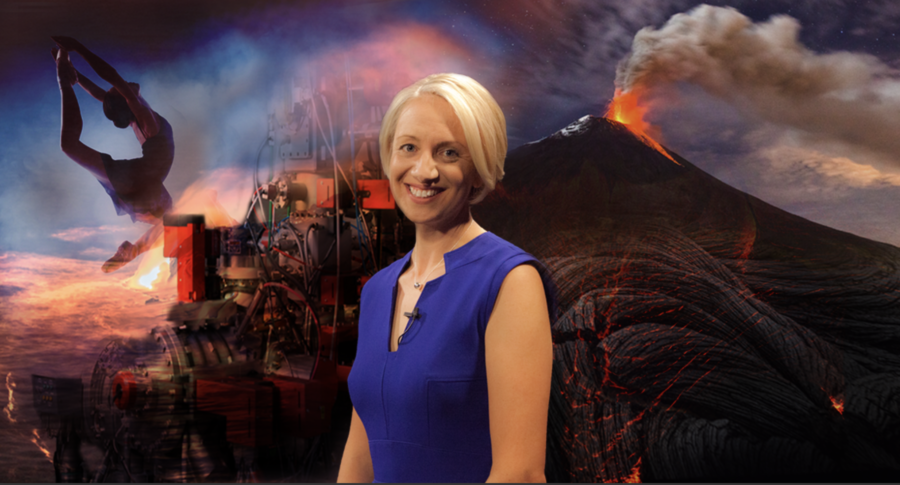When you think of magma chambers you probably think of red hot boiling goo. But actually we as scientists have learned that that’s not a very good model.
Archive (Page 1 of 3)
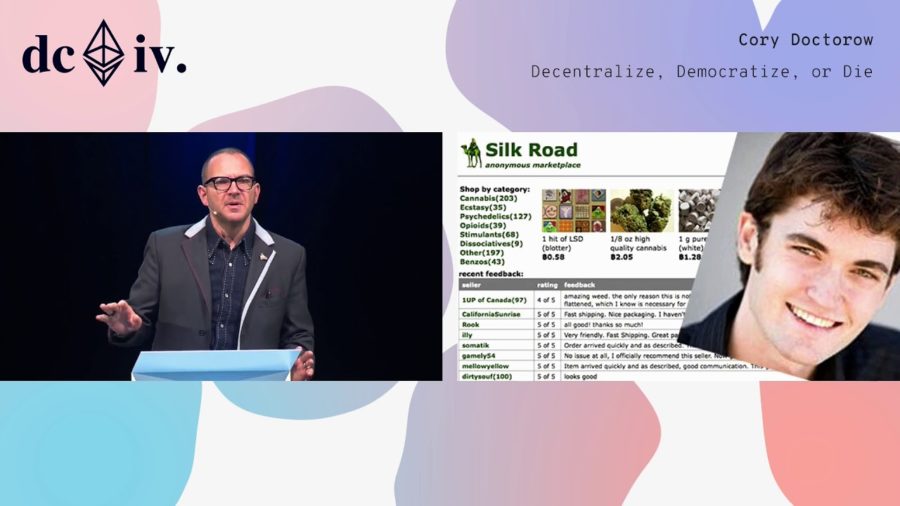
You might be more comfortable thinking about deploying math and code as your tactic, but I want to talk to you about the full suite of tactics that we use to effect change in the world. And this is a framework that we owe to this guy Lawrence Lessig.
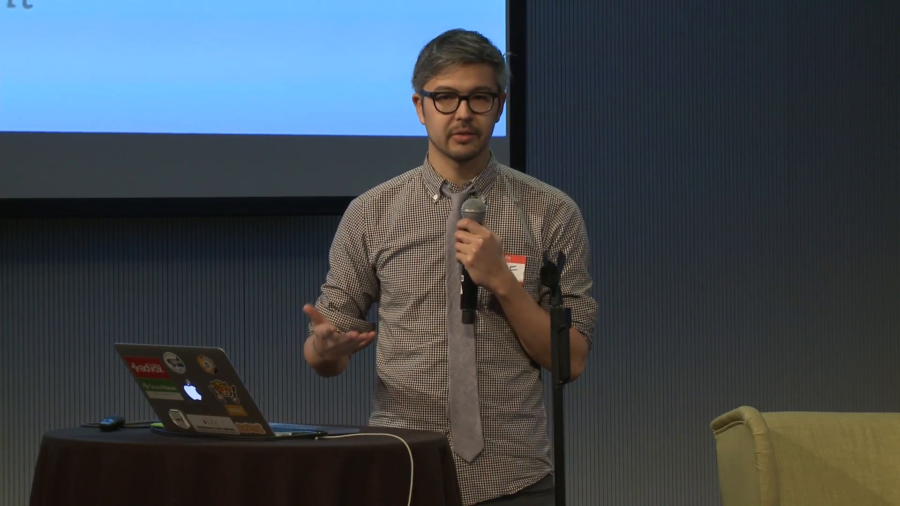
Public Lab is a community and a nonprofit, and we do environmental work with people all over the world. And we really try to address environmental issues that affect people. What we do we call community science.
We have even in the United States serious and growing water scarcity challenges. We have contamination problems with chemicals that we have not adequately regulated here in the United States. We have conflicts between states in the United States about who gets to use what water to do what. We have evidence that climate change is already influencing water demand, affecting water availability, changing extreme events. There are a whole suite of water-related problems, here, unrelated to these basic human need challenges that’re pressing in other parts of the world.
I vacillate…between thinking that we’re doomed because we have given ourselves over to a stupid system that’s now backed up by guns. And then a much more utopian view that we’ve always lived in stupid systems and that we’re always making them better.
If you were to ask me what the crisis in the present is, as an evolutionary biologist I have to go back millions of years and try to connect all the dots, going back to man as a single-celled organism to present time, and saying what is it that is causing modern consternation? More importantly, is there a pattern? Has this happened before? Were there some ordinary people like you and I, shopkeepers in Rome, who were standing around and saying, “You know, our leaders don’t seem to be on top of our problems. They seem to be getting worse one generation after another.”
As the show advanced, we realized that there are a lot of people really really worried about the future, and they’re worried about big, big things. We’re talking things like inequality. We’re talking things like overconsumption of resources and environmental collapse. Social collapse. Community breakdown. General feelings of powerlessness against massive systems. And this seems to be universal.
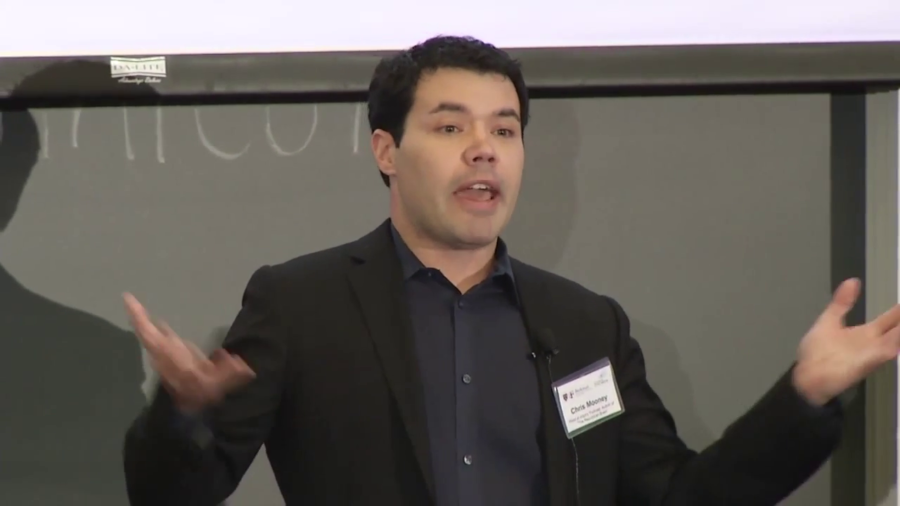
What is it about our brains that makes facts so challenging, so odd and threatening? Why do we sometimes double down on false beliefs? And maybe why do some of us do it more than others?
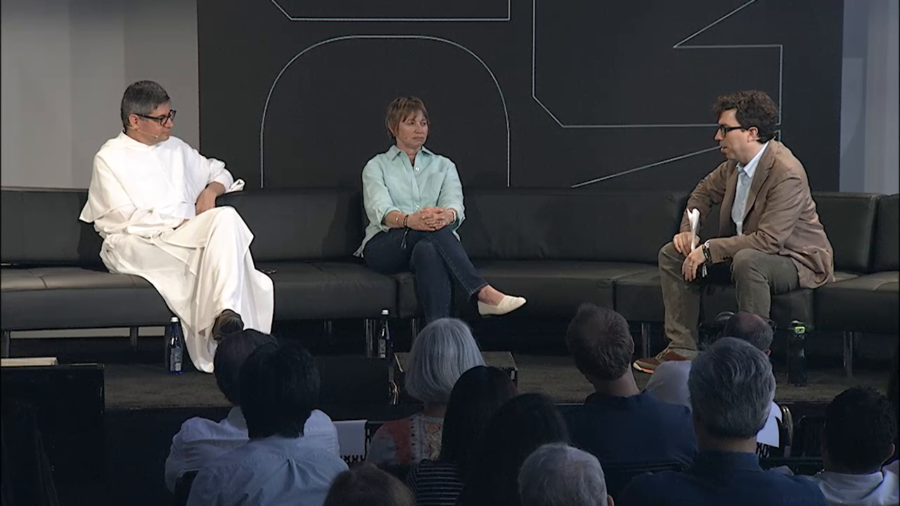
The challenge for the Church and for the theologians was to say okay, perhaps that’s what is written. But for example if you consider that God has delivered the Creation in seven days, knowing that nowadays Amazon can deliver everything on Earth overnight, it means that Jeff Bezos has defeated God? Or does it mean something different? And I think it means probably something different.

